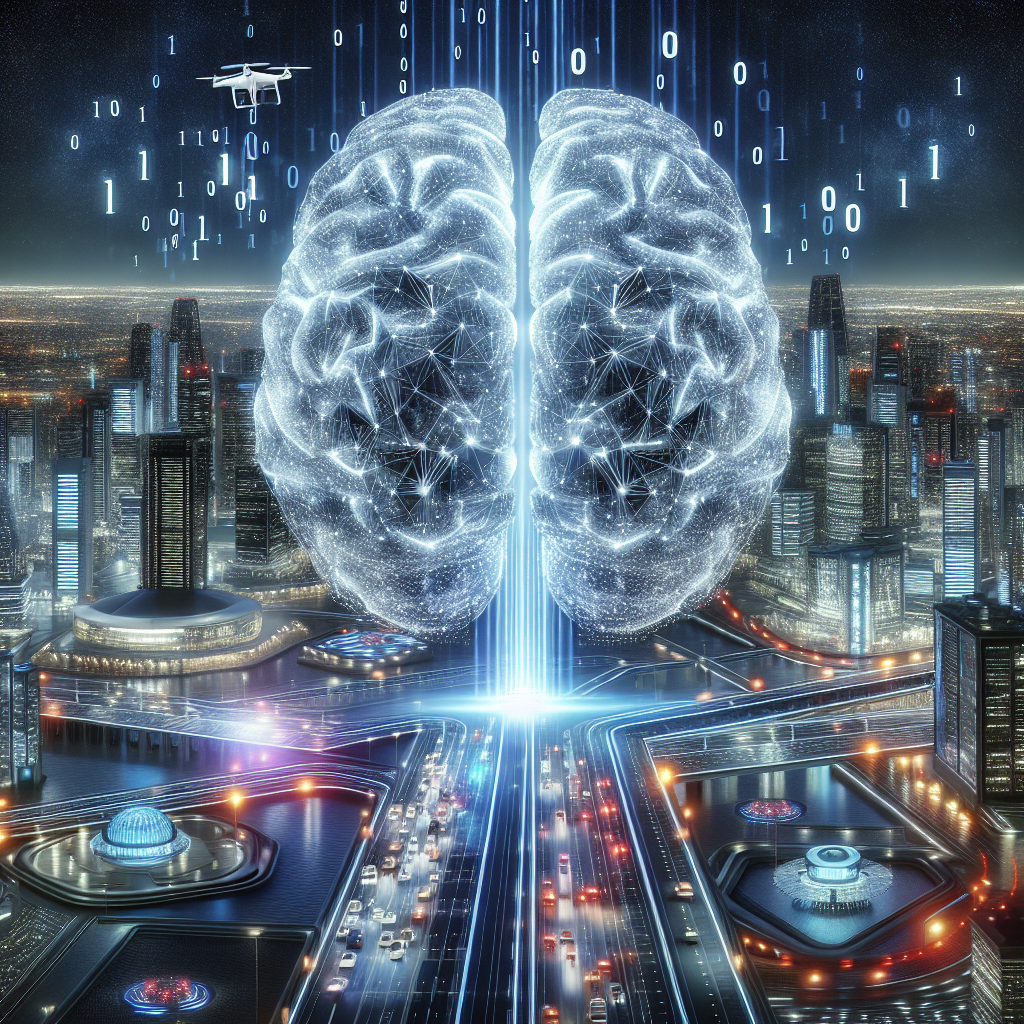Unleashing the Power of AGI: What it Means for the Future of Technology
Artificial General Intelligence (AGI) is a concept that has been the subject of much debate and speculation in recent years. AGI refers to a type of artificial intelligence that possesses the ability to understand, learn, and apply knowledge in a way that is comparable to human intelligence. While current AI systems are limited to specific tasks and domains, AGI has the potential to revolutionize the way we interact with technology and the world around us.
In this article, we will explore the potential implications of AGI for the future of technology, as well as some of the challenges and concerns that come with it. We will also provide a FAQ section at the end to address some common questions about AGI.
The Power of AGI
AGI has the potential to revolutionize virtually every aspect of our lives. With the ability to learn and adapt to new information, AGI systems could revolutionize industries such as healthcare, finance, transportation, and more. For example, in healthcare, AGI could be used to analyze medical data and provide personalized treatment plans for patients. In finance, AGI could be used to optimize investment strategies and detect fraudulent activity. In transportation, AGI could be used to improve traffic flow and reduce accidents.
One of the most exciting aspects of AGI is its potential to accelerate scientific discovery. AGI systems could be used to analyze vast amounts of data and identify patterns that humans may have missed. This could lead to breakthroughs in fields such as medicine, physics, and climate science.
AGI also has the potential to enhance human capabilities. For example, AGI systems could be used to assist individuals with disabilities, such as providing real-time language translation for the deaf or helping visually impaired individuals navigate their surroundings.
Challenges and Concerns
While the potential benefits of AGI are vast, there are also significant challenges and concerns that must be addressed. One of the main concerns is the ethical implications of AGI. As AGI systems become more advanced, there is a risk that they could make decisions that harm humans or violate ethical principles. For example, an AGI system that is programmed to maximize profits for a company could make decisions that harm the environment or exploit vulnerable populations.
Another concern is the potential for AGI systems to outperform humans in virtually every task. This could lead to widespread job displacement and economic upheaval. It is crucial that policymakers and industry leaders work together to ensure that the benefits of AGI are shared equitably and that workers are provided with the skills and support they need to adapt to a rapidly changing labor market.
Additionally, there are technical challenges that must be overcome in order to unleash the full potential of AGI. For example, AGI systems must be able to learn from a wide range of data sources and adapt to new information in a way that is transparent and understandable to humans. Researchers are also working to develop AGI systems that are able to reason abstractly, understand context, and exhibit common sense reasoning.
FAQs
Q: What is the difference between AGI and narrow AI?
A: Narrow AI refers to artificial intelligence systems that are designed to perform specific tasks or functions, such as image recognition or natural language processing. AGI, on the other hand, refers to a type of artificial intelligence that possesses the ability to understand, learn, and apply knowledge in a way that is comparable to human intelligence.
Q: When will AGI be achieved?
A: The timeline for achieving AGI is uncertain, as it depends on a wide range of factors, including advancements in technology, research funding, and ethical considerations. Some experts predict that AGI could be achieved within the next few decades, while others believe it may take longer.
Q: What are some potential risks of AGI?
A: Some potential risks of AGI include job displacement, ethical concerns, and the potential for AGI systems to make decisions that harm humans or violate ethical principles. It is crucial that researchers, policymakers, and industry leaders work together to address these risks and ensure that AGI is developed in a responsible and ethical manner.
In conclusion, AGI has the potential to revolutionize the way we interact with technology and the world around us. While there are significant challenges and concerns that must be addressed, the benefits of AGI are vast and could lead to breakthroughs in fields such as healthcare, finance, and transportation. It is crucial that researchers, policymakers, and industry leaders work together to ensure that AGI is developed in a responsible and ethical manner, so that we can fully unleash its power for the benefit of society.

